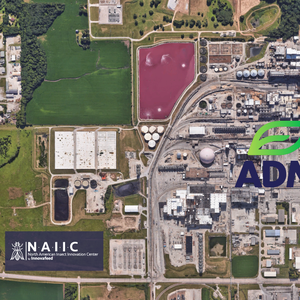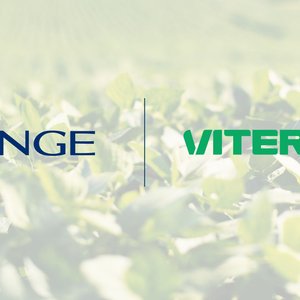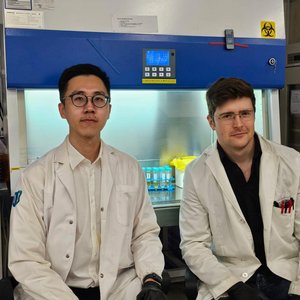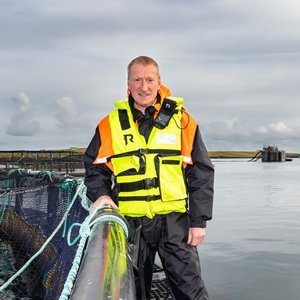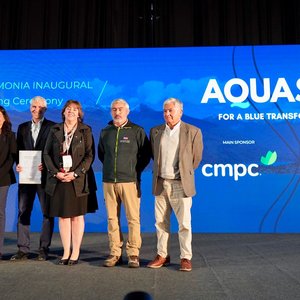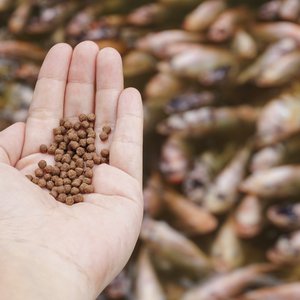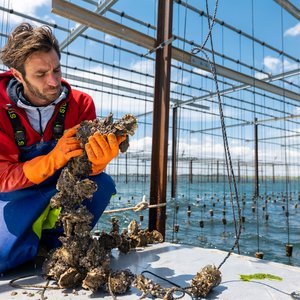Following a successful lab trial last year, the South Australian Research and Development Institute (SARDI) has partnered with Port Fairy abalone farm Southern Ocean Mariculture, Aquafeeds Australia and Tarac Technologies to to conduct an on-farm trial of abalone feed made with recycled grape marc.
Steam distilled grape marc, registered as Acti-Meal, is the heat-treated skins, pulp, seeds, and stems of grapes left over after making wine, and was once considered a waste product.
As reported by Aquafeed.com, the three-month lab trial found that greenlip abalone fed on an experimental formulated diet containing 5-20 per cent Acti-Meal (pictured below) displayed greater growth performance and feed utilization compared to those on a commercial diet.
The abalone on the grape marc diet showed a 6 per cent improvement in biomass gain and a 2.9 per cent increase in shell growth rate compared with abalone fed on a commercial diet.
The grape marc-fed abalone also outperformed the other abalone in Food Conversion Ratio. The commercial feed returned a ratio of 0.81 grams of feed per gram of growth while just 0.67 grams of the feed containing 20 per cent grape marc was required per gram of growth.
The group is now in the midst of a six-month farm trial. Sixteen concrete raceways were each stocked with 100kg of abalone in December. At the time each abalone, which were about a year old and halfway through their growing cycle, weighed about 18 grams and had a length of about 48mm. The abalone in eight of the raceways are being raised on a 20 per cent Acti-Meal diet while the other eight raceways are being fed a standard commercial feed.
“All we know at the moment is the animals are feeding well and everyone’s happy,” said SARDI Nutrition and Feed Technology Associate Professor David Stone.
“They are accepting the food, there’s been no mortalities and they are growing well.\"
“We’ll look at it every month to get an idea but at the end of the six months the bulk weight is going to be the main interesting part and the economics associated with the way they grow such as the food conversion ratio, growth rate, feed intake and survival.”
The feed comes in pinhead-sized granules for baby abalone and larger flat pellets for more mature abalone and lasts in the water for 24 hours or more to allow for overnight feeding.
The farm trial is being funded by a $100,000 grant through the South Australian River Murray Sustainability Program while the lab study was funded through the South Australian Government Functional Food Focus Program.
Assoc Prof Stone said using a waste product such as steam distilled grape marc helps minimize the use of marine ingredients. “The other bonus here is that we are removing something that costs $500-$800 a tonne and replacing it with what is effectively a waste product that costs $250-$400 a tonne – it’s a price reduction with a growth benefit,” he concluded.
Tarac Technologies processes more than 120,000 tonnes of grape marc and 40 million litres of distillation wine at its sites in the Barossa Valley, Riverland and Griffith.


